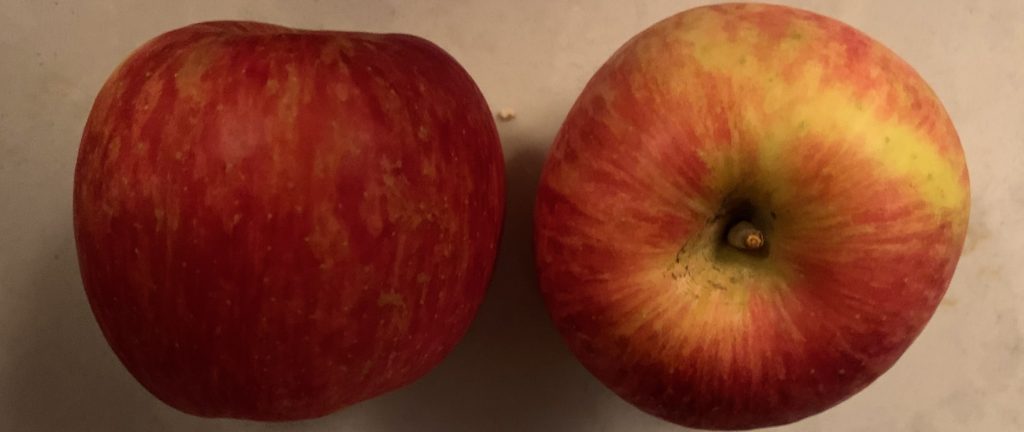
People are using “it’s a few bad apples” to say that we shouldn’t try to make major changes to policing, but a few minor reforms at best. And I don’t understand why people say that.
The saying is not, “A few bad apples give the other apples a bad reputation,” or “A few bad apples shouldn’t be used to think about the bunch as a whole.”
The saying is, “A few bad apples ruin the whole bunch.” The metaphor means that, once one apple starts to rot, it starts a process that will quickly rot all of the apples. If that rotten apple has been there a while, the whole bunch is rotten.
Putting a rotten apple on suspension doesn’t make it any less rotten.
If people think that police brutality and racism is a “few bad apples,” then they should be advocating for more firing of police officers, a more rigorous selection process, more thorough investigations of accusations of abuse, punishing of police officers and administrators who balk at firing abusive officers. In other words, people who are saying things like, “There are always a few bad apples” are saying the bunch is rotten.
That isn’t solved through reform. It means, at least, massive re-imagining of how policing works.

I have had this frustrating conversation with individuals in recent days, that the whole system is a bunch of bad apples. Often times, they come at me with numbers, like, there’s 6 million police interactions annually and only so many turn out bad. But on the other hand, for example, every unconstitutional law that was overturned, was at some point, enforced by all police. Additionally, when one signs up, they have to know that there is abuse, cover-ups and other nefarious things going on which for them, is not a deal-breaker to join the force. How would you counter such arguments in a way to help see the light. I am looking to get to that honest “ah hah!” moment where they understand the systemic issues.